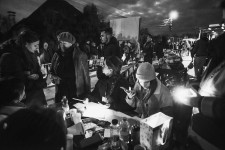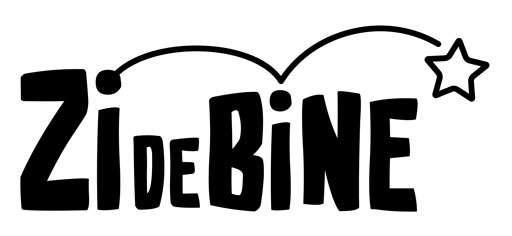Blood. How disgusting it looks in an infirmary. It's crimson pale, on scorched shirts. In the stains on the sheets it looks like the trail of a squashed insect. It's black, mixed with threads of cotton wool and the dirt of a warrior's sully body. And it smells. You can't feel anything for the first few days. But as you regain your senses, the smell of a neighbour's wound becomes obnoxious and the stench of a more distant gangrene insults your sensibilities and drives you mad.
Oh! I'd like to see the cripples and the frail who, in our absence, must have written tons of verse and warlike prose, and I invoke the sedentaries of the ages, all those who so boldly sang the red blood, the warm blood, the blood that spurts from a blasted chest in the frenzy of a carnage, I'd like to see them all, from Alecsandri to Tsinc and the collaborators of the Flame1 in an infirmary, staring at the black clotted bandage and the clouded transparent chilled eyes of those recently back from the front.
And heroes. Them, who weep, and wriggle and moan, the heroes who grimace to keep from whimpering, the heroes who stare with wild envy at the neighbor's stall where any tiny piece of hanging flesh seems bigger than their own - the heroes as I've seen them, as they really are, not as they are viewed by those who never saw them.
1 The magazine founded by C. Banu, published between 1911 and 1912.
Gad was born on January 14, 1895 in Botoșani and died on April 12, 1930 in Paris. Collaborations: Clopotul (The Bell, editor-in-chief), Contimporanul (The Contemporary).
Source: Sașa Pană (1969) The Anthology of Romanian Avant-garde Literature. Bucharest: EpL.

















